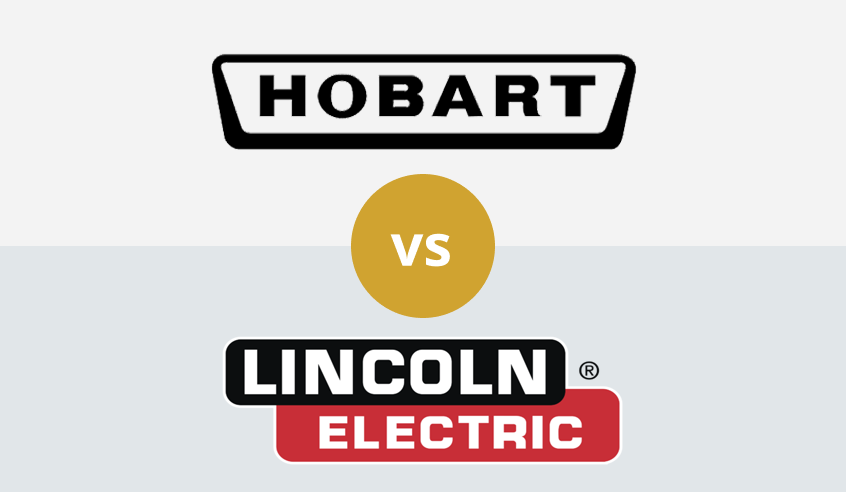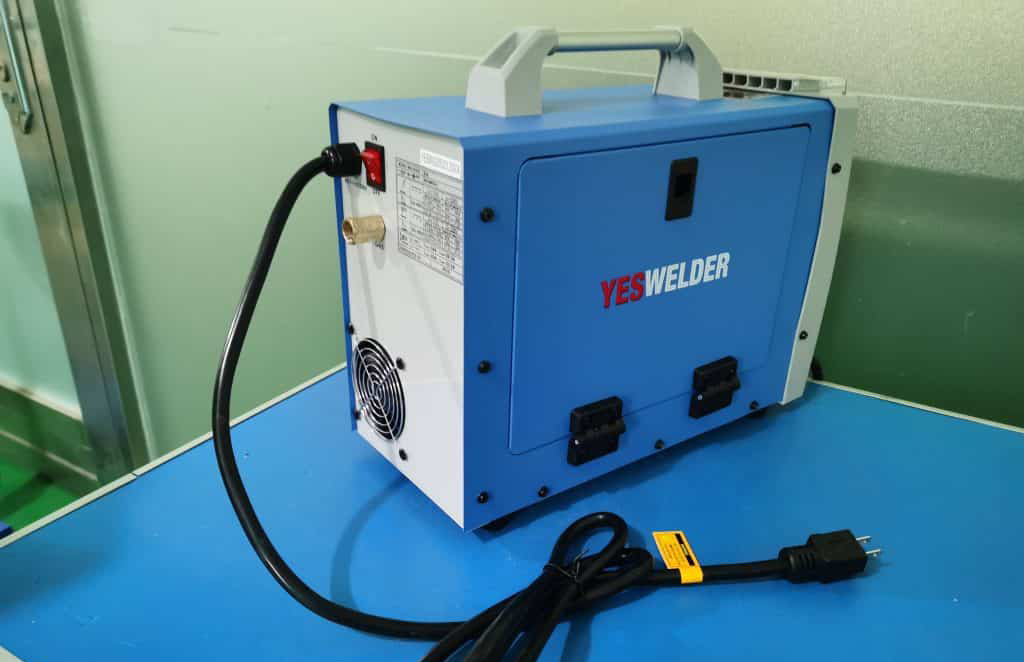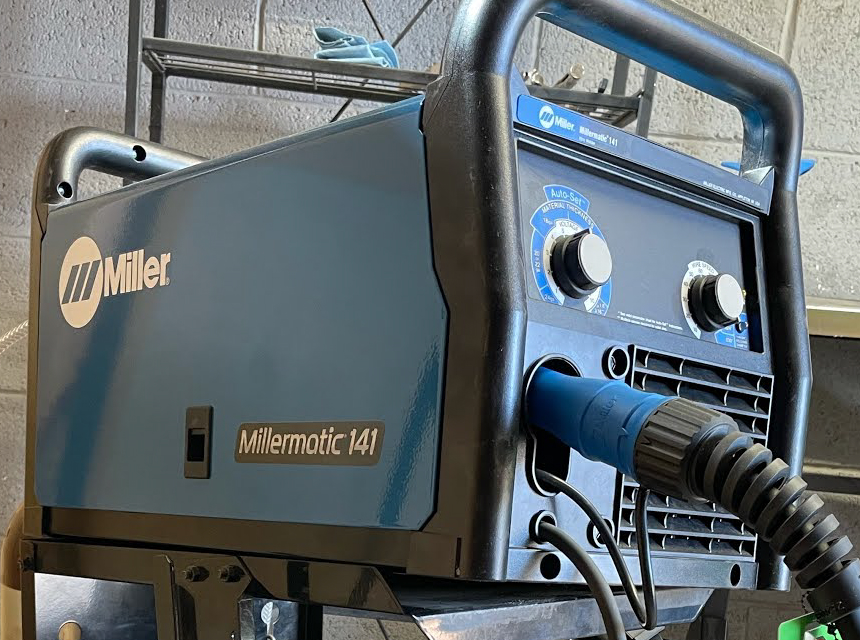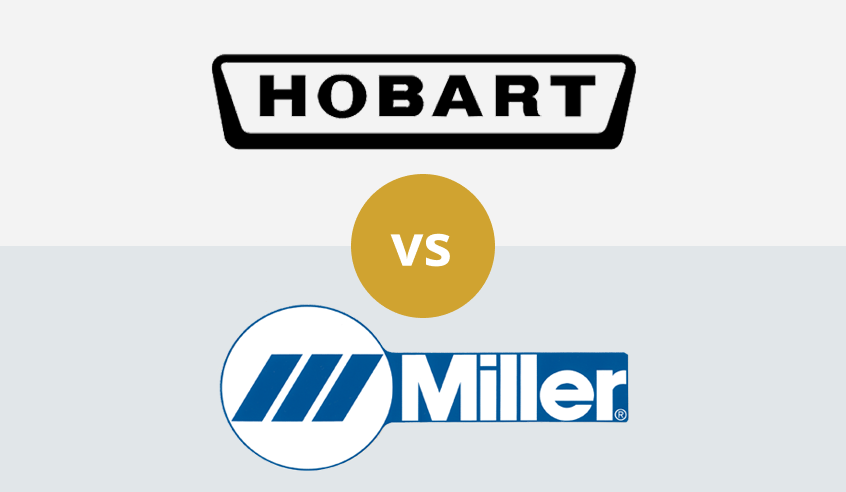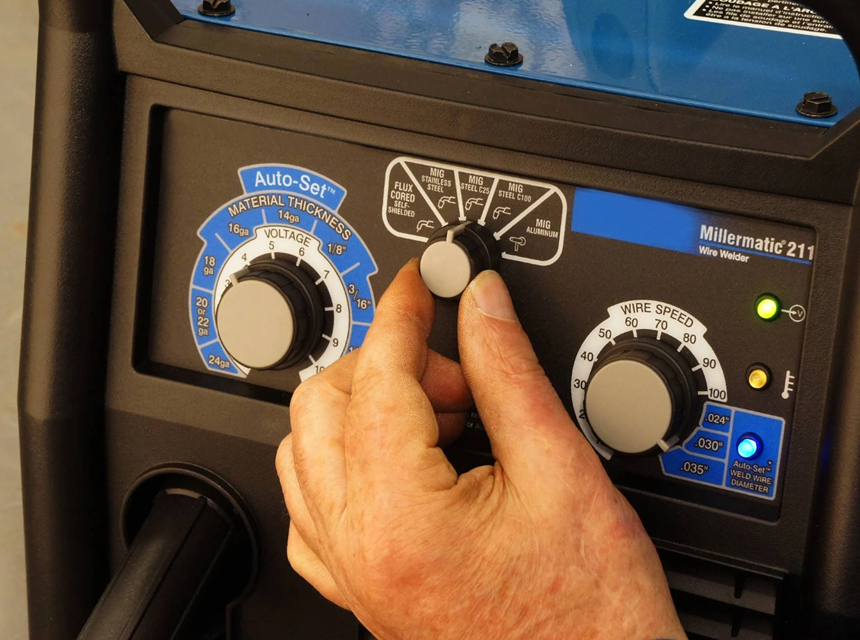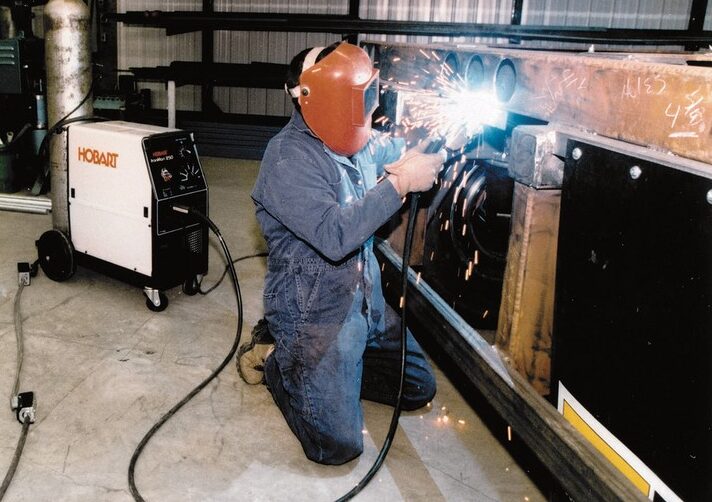

The MIG welding technique has been around for more than 80 years, and it’s steadily growing in popularity. It’s often the go-to welding process for novice welders as it’s arguably one of the easiest. Expert welders also use this process due to the versatility it offers.
MIG welding also comes with other benefits such as the ability to work with multiple metals & alloys: it’s fast and allows you to make high-quality welds. Overhead MIG welding is, however, difficult to get used to because you’re technically working against gravity. In this article, we’ll highlight the best ways to weld overhead. Check out our quick guide below!
According to the BBC Trusted Source Ditching doctorate dreams to be a welder Graeme Kirkpatrick is possibly one of Northern Ireland’s most highly qualified tradesmen. www.bbc.com , there’s a growing skill gap of experienced welders. If you just got started with overhead MIG welding, you’re probably having a hard time choosing the best technique to use. Here are the top tips that make all the difference.
Here’s a rule of thumb when it comes to welding; safety first. Don’t compromise on your well-being just so you can get the perfect weld. For starters, you should get a helmet to cover your head.
Keep in mind that since you’re welding overhead, gravity will pull down the burning material towards you. So, make sure that you’re sufficiently protected.
Ensure that you have a reliable helmet that covers most of your head. Based on popular reviews, the YESWELDER Welder Mask is one of the best. It’s a pivot-style headgear that offers superior comfort and comes with a super large viewing screen. It also provides better clarity and comes with increased battery life.
Don’t forget to also get arm protection, preferably a thick jacket that is fire resistant.
If you’re just starting out, we recommend that you use both hands for your overhead MIG welding work. This will give you greater control over the torch and enhance your safety. As you gain more experience, you’ll be better positioned to use one hand so that the other one helps you to keep things steady.
At first, this will feel slightly uncomfortable, but with time, you’ll learn to perfect your technique.
During overhead MIG welding, you have to use sufficient force so that the filler metal is well placed into the weld joint. The best way to achieve this is by using similar settings as you would use during a flat MIG weld.
If you’re in the market for the best welder, the MIG155GSV 155 AMP INVERTER MIG comes highly recommended. It incorporates both 2T/4T modes and offers a 30 to 155 Amp welding range. This model is also highly compact & portable and comes with a 3 years warranty.
While welders are often expensive, you can easily get MIG welders under $500 as well as MIG welders under $1,000.
The key to a perfect overhead MIG welding job is control. You can achieve this by keeping your stick short. This is because longer sticks tend to make bigger messes as they drop more metal in the weld joints.
You should play it safe during overhead MIG welding but not too much that you are extremely slow. Maintain the optimal feed speed because if it’s too fast, you’ll leave molten wire lumps. On the other hand, if it’s too slow, the entire process will be frustrating.
Shorter arcs give you better torch control. They also allow you to make cleaner welds compared to when you run complete arcs all over the metal that you’re working on.
Avoid using sharp angles during overhead MIG welding because this could cause a wandering arc and thereby leave burn marks. You’ll, however, need to use an angle because welding in a straight line makes it difficult to see what you’re doing. This should be the first thing that you check if you notice that you’re struggling.
This tip is handy if you’re working on a large joint. In this instance, you should start by passing down the joint’s center. You should then cover up the first pass by starting the second one along the bottom of the first one. The third pass should start at the top of the first one so that it meets up with the second one at the center.
One of the first mistakes that novice overhead MIG welders make is moving their MIG gun in circles instead of loops, which then causes too much buildup. By using loops, you’ll weld faster, the work will be neat, and the ripples will be smooth.
According to Academia.Edu Trusted Source Mig Welding Research Papers - Academia.edu View Mig Welding Research Papers on Academia.edu for free. www.academia.edu , MIG welding has been in use for more than 25 years. If you’re just getting started with overhead MIG welding, you’re probably having a hard time perfecting your technique. How do you ensure that you don’t make a mess? Which technique will help you do a clean job? Well, you just need to follow the above tips. Be patient as you work on your overhead MIG welding skills, and eventually, you’ll instinctively find yourself using the above techniques.
